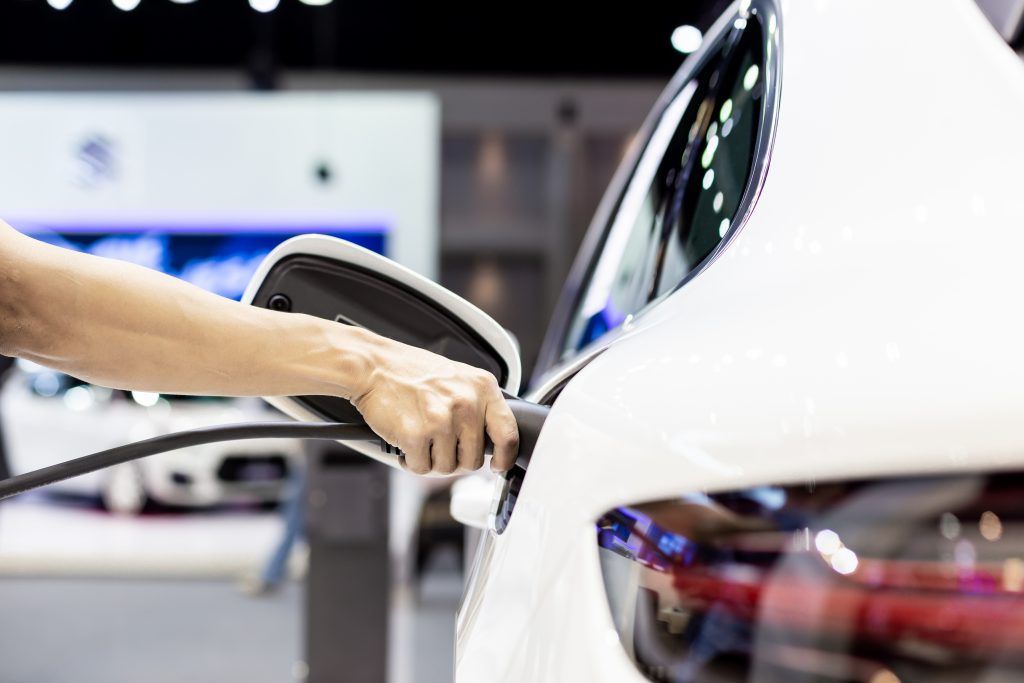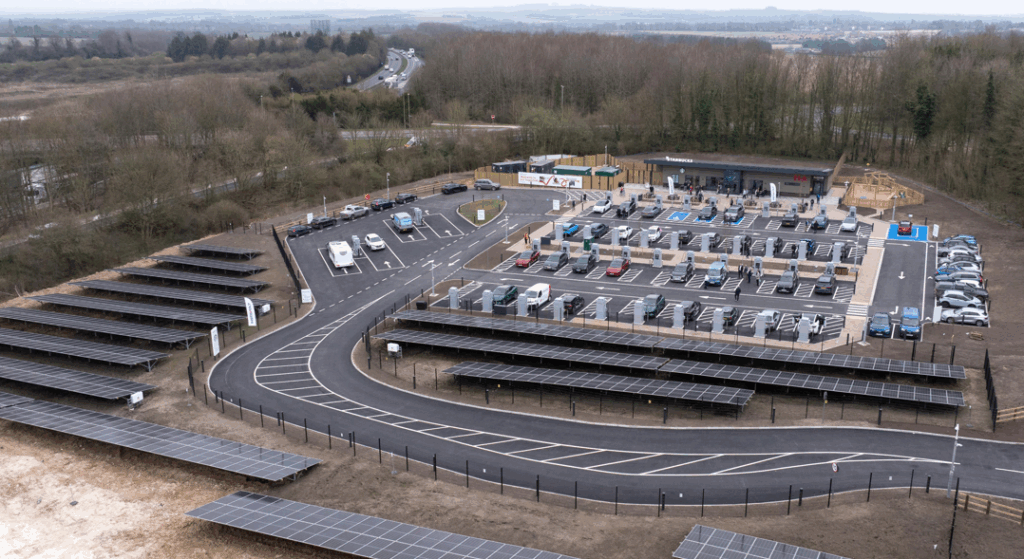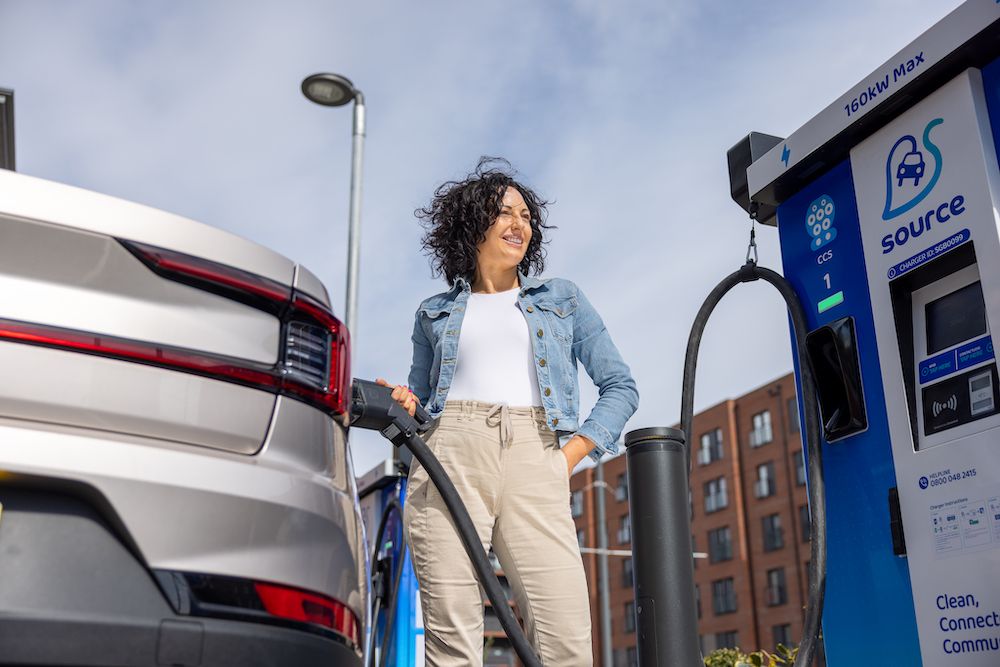A report published by Energy UK sets out recommendations on how the Government can help deliver on its ambitious targets for phasing out petrol and diesel vehicles.
The targets set by Government mean that there will be ban on the sale of them from 2030, followed by the phasing out of the sale of new hybrid vehicles by 2035.
The report entitled ‘Road to 2030: Delivering on the commitment to decarbonised transport’, highlights three key recommendations to ensure a smooth transition while keeping purchase costs down for drivers. These include:
- Introducing a zero emission vehicles (ZEV) mandate to provide a clear and binding trajectory for the increase in ZEV sales leading up to 2035.
- Introducing a Bonus-Malus scheme, following on from the current Plug-in Car Grant scheme, to make ZEVs more affordable.
- Strengthen and reform vehicle CO2 emission performance standards to ensure that emissions from non-ZEV sales continue to drop ahead of their full phase out.
These measures will set a clear path and provide much needed clarity for both the energy and automotive sectors as they work together to meet the targets.
Energy UK’s members continue to invest in low carbon generations and electric vehicle charging infrastructure to meet the increase in demand created by the transition, while also offering new tariffs and tailored services to meet the needs of their customers.
Energy UK has also been working closely with the EV Energy Taskforce and BEAMA, the UK trade association for manufacturers and providers of energy infrastructure technologies and systems, to set out appropriate standards for smart EV charging to meet the expectations of the growing number of EV drivers and manage the impact of these devices on the energy system.
Energy UK’s Head of New Energy Services and Heat, Charles Wood said: “The progress report by the Climate Change Committee has underlined the strong link between transport and emissions so meeting the Government’s phase out dates is a vital milestone on the journey to Net Zero.
“Our new report makes recommendations on how we can meet these ambitions including a mandate to ensure there is an increase in sales of zero emission models and a new [Bonus-Malus] scheme to make ZEVs more affordable for drivers.
“As well as making a huge contribution to reducing emissions, the transition to low carbon transport offers real opportunities and benefits for consumers, for UK businesses and the economy and for improving air quality in our towns and cities.”
A Bonus Malus scheme will see the reforming of the grant and vehicle taxation system, new vehicles will receive either a grant (bonus) or a first-year registration tax (malus). Replacing the first year Vehicle Excise Duty tax, the registration tax on Internal Combustion Engine (ICE) vehicles would increase with a vehicle’s emissions, providing a lasting, revenue neutral mechanism to make ZEVs more affordable. The bonus would be reduced in line with ZEV prices, reaching zero once ZEVs reach upfront price parity with ICE vehicles.
Image: Shutterstock














